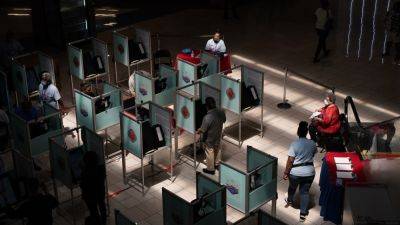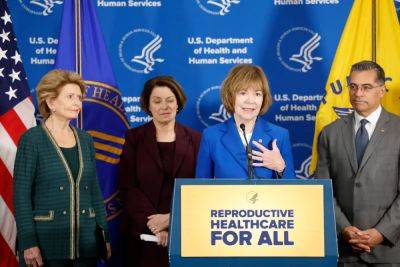Why G7 leaders are turning to a special guest — Pope Francis — for advice on AI
BARI, Italy — When leaders of the world's leading industrialized nations meet in Italy this week, they'll be joined by a unique guest to talk about the risks posed by artificial intelligence: Pope Francis.
This is the first G7 summit to feature a pope as an invited participant. But it's not the first time that Pope Francis has weighed in on this emerging technology and how he believes it should be developed for the good of humanity.
"Right now, we have lots of ability to use artificial intelligence for bad purposes, but how can we ultimately direct it toward something which is actually beneficial to human beings, something that brings us together?" said Brian Green, director of technology ethics at the Markkula Center for Applied Ethics at Santa Clara University.
Why is the pope speaking about artificial intelligence?
Pope Francis himself has been at the receiving end of AI misinformation. Last year, a picture of the pope wearing a large white puffer coat went viral. The image was generated by AI, and it prompted conversations on deepfakes and the spread of disinformation through AI technology.
In his annual message on New Year's Day this year, the pope focused on how AI can be used for peace.
His work on the issue goes back several years, when the Vatican and tech companies like Microsoft started working together to create a set of principles known as the Rome Call for AI Ethics, published in 2020. Companies and governments that sign on to the call have agreed to voluntary commitments aimed at promoting transparency and accountability in AI development.
"The Italian government has been seeking to elevate the messaging behind the Rome Call for AI Ethics and also secure new signatories," said Gregory Allen, the director







